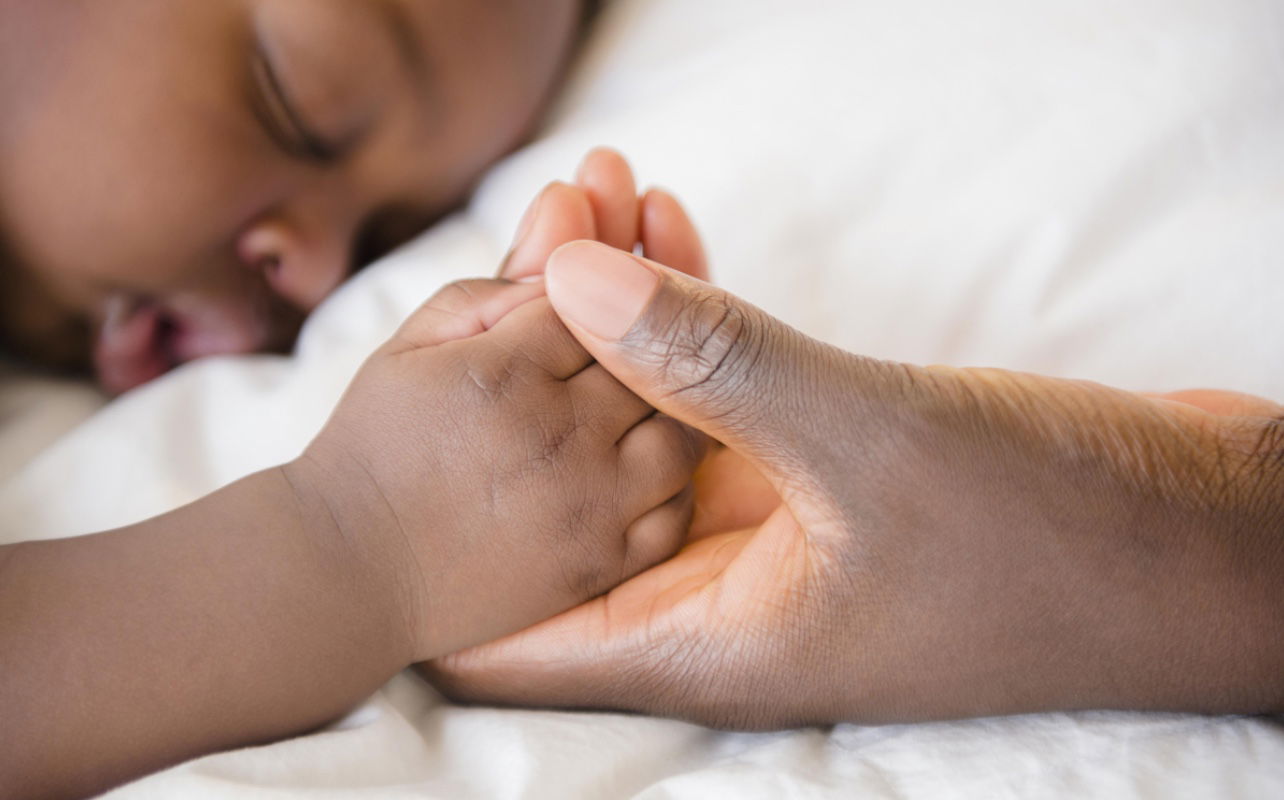
June 18, 2024
New Study Links Racial Discrimination To Aging In Babies
Researchers conducting the study aim to continue tracking the children throughout their lives to monitor biological processes.
A groundbreaking study conducted by scientists in Colorado has uncovered findings linking mothers’ encounters with racial discrimination to the biological aging process in their children.
The study, published in the National Library of Medicine, examined 205 mother-child pairs from non-white ethnic backgrounds in Massachusetts. A striking correlation emerged after mothers reported experiencing more types of racial discrimination, such as mistreatment in the workplace or during housing searches; their children aged 3 to 7 years old appeared biologically “younger” than their chronological ages—conversely, children of mothers who did not report discrimination had biological ages aligning with societal expectations.
While seeming advantageous initially, this decelerated biological aging may harbor concerning implications, as Dr. Wei Perng, an epidemiology associate professor at the Colorado School of Public Health and study researcher, articulated to The Denver Post. “A deviation we see from the population level (of aging speed) is probably not good,” Perng said. “We weren’t trying to say, ‘This is good,’ or ‘This is bad.’”
Presently, researchers can only confirm mothers’ racist experiences exert a noticeable effect on their children’s aging patterns, though the long-term health ramifications remain uncertain.
“During early development, there are lots of biological systems that are undergoing rapid changes. Any deviation in the process may put development out of sync and cause long-term problems,” explained the paper’s lead author, Zachery Laubach, a University of Colorado Boulder postdoctoral fellow, adding to CU Boulder Today, “It’s troubling that negative social experiences can get under the skin.”
As the children continue their maturation process, Laubach proposed various potential outcomes—their aging could expedite, or they might experience a delayed onset of puberty, potentially curtailing their reproductive window.
Originally published in February’s Annals of Epidemiology journal, the study aims to continue tracking these children, now in their 20s, throughout their lives to monitor biological processes and overall health status over time. Researchers at the University of Colorado Boulder and Anschutz Medical Campus conducted the study.